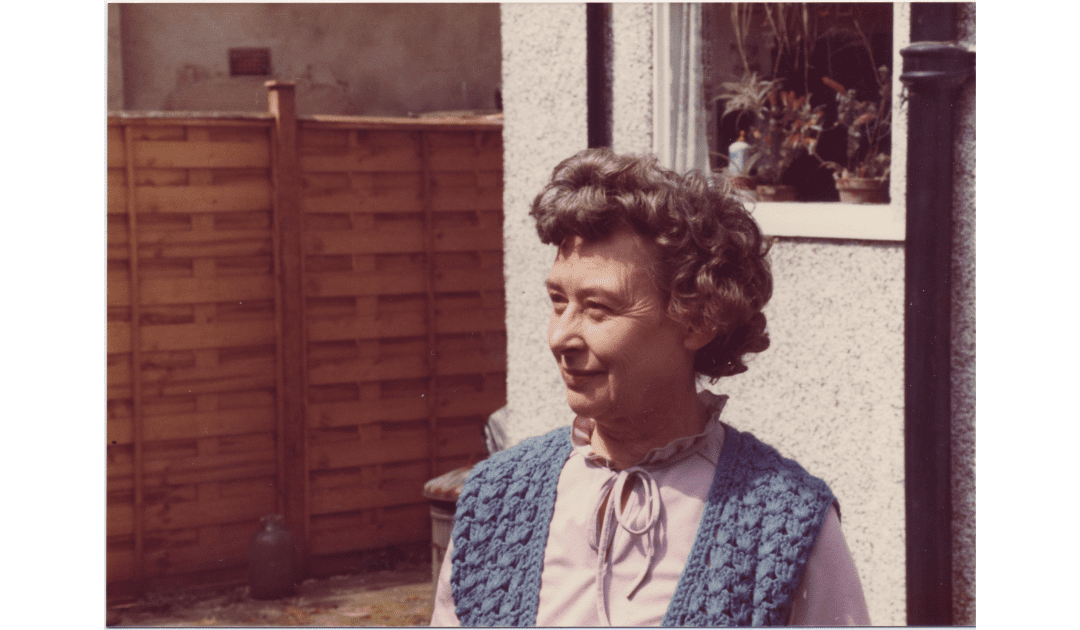It’s a terrible shock to discover someone you love has dementia. It doesn’t arrive with a herald of trumpets, it sneaks up unannounced. Not long after my father died in 1999, I took my mother to a hospital appointment for her eyes. I was shocked that she couldn’t read the large A right at the top of the chart. She’d coped so well with dad that I couldn’t believe she had such poor eyesight. It was ocular macular degeneration.
I bought her a projector device on which you could place a document and it would magnify the image and transpose black text into white text on a black background. I also bought her a phone with massive buttons from the RNIB. It’s difficult when you live a hundred miles away, but I was working in London, so I’d stay over with her one or two nights a week. Gradually, incident by incident, you realise that something else isn’t right. It was dementia.
I’m convinced that the blindness and dementia were connected, and age is a major factor too of course. Research seems to agree. The brain is like a muscle in that exercise makes it stronger. Reading, and particularly reading fiction, can help ward off dementia. Apparently keeping track of all the characters, plots and sub-plots is particularly good exercise for the mind. And if your eyesight is failing, then audiobooks would probably be just as good.
From what I’ve read, exercise and a healthy diet are good ways to try and fend off macular degeneration. I do read quite a bit, but when I’m writing I hope that struggling with my own characters, plots, sub-plots, and historical research is helping to ward off dementia. It’s good to know that we writers are performing a public service. Keep your brains exercised by reading the Sir Anthony Standen Adventures, they’re also available as audiobooks. They might help keep dementia at bay. Or read whatever fiction you want, exercise, and eat plenty of fruit and vegetables.

